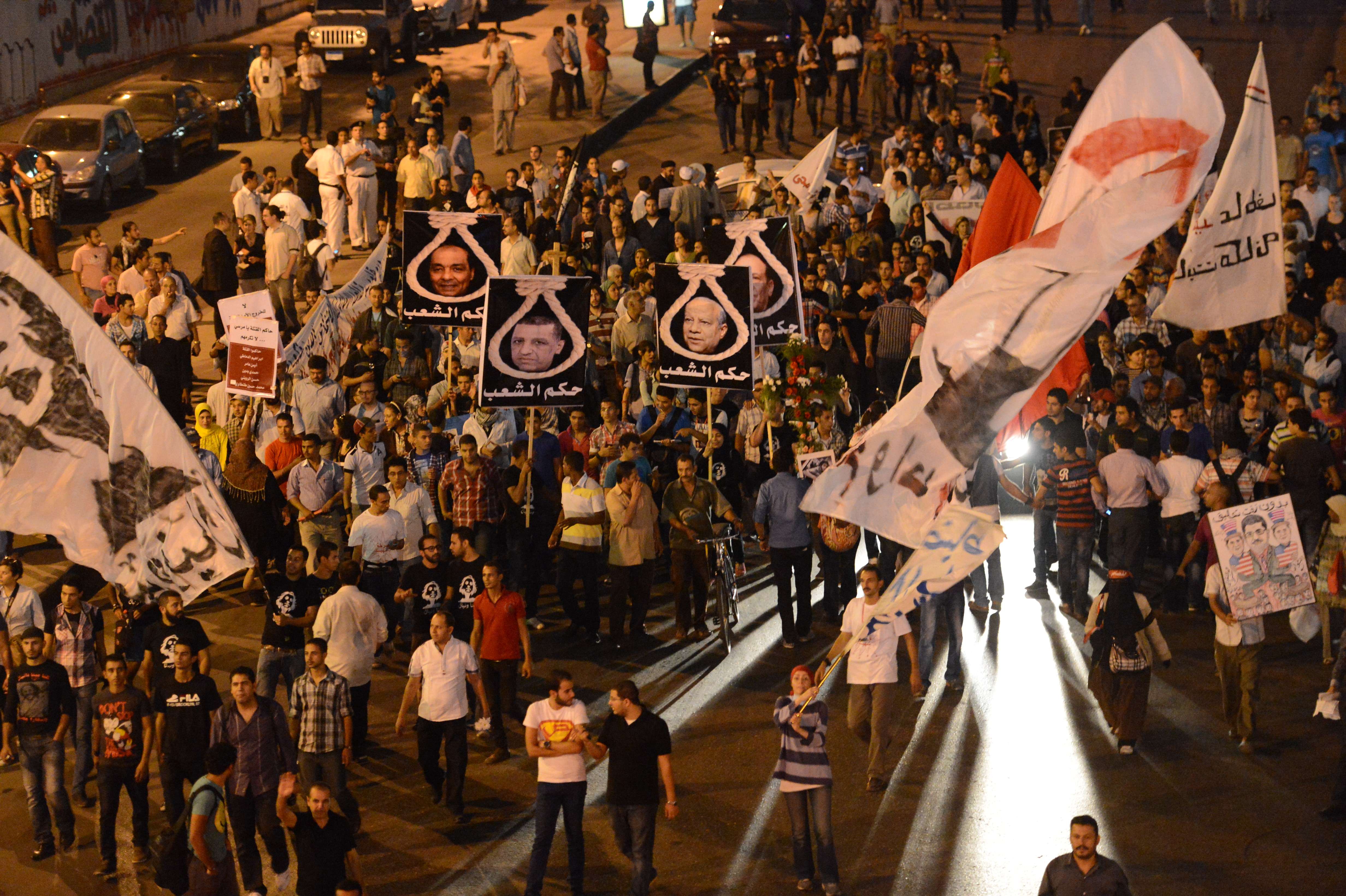Fathet Kheir extends opportunities to El-Mokattam residents
CAIRO: With difficulty, holding in her hands two large wooden sticks to support her handicapped legs, Affaf, a 30-year-old mother, entered Fathet Kheir in 2004, with a cheerful smile, hoping to receive a small amount of developmental support to assist her in her bleak circumstances.
Living in a 50-meter apartment with her father, mother, husband and daughter in El-Hadaba El-Wosta in El-Mokkatam, Affaf heard about Fathet Kheir from her neighbors.
“My neighbors told me that there is a non-governmental organization (NGO) that aims at helping El-Mokkatam residents by giving them small loans to open up small businesses. They spoke with me about it and encouraged me to go and ask for support, says Affaf.
Although Affaf’s husband works in a small grocery store, she explains that his salary, which is no more than LE 12 per day, wasn’t enough to cover daily expenses. She adds that she opened a small kiosk, in which she worked with her father simultaneously.
“Before I came to the NGO, I felt I was responsible for many things that I couldn’t afford, so I went to the Ministry of Social Affairs and was able to open a small kiosk that barely supported our living. When I came to the NGO, they helped me with a small loan, by which I improved the kiosk, says Affaf.
Affaf adds that the kiosk she used to have didn’t include any good supplies to be sold, however, the loan, which started out as LE 250, acted as her capital, by which she started a real business.
“I bought all the supplies needed for the kiosk, my profit reached LE 15 per day, and I became more independent and able to pay the monthly installment on my bedroom and the small house, says Affaf.
According to Affaf, the kiosk isn’t considered very profitable, but still makes a noticeable difference in her life.
“I buy a packet of cigarettes for LE 17.5 and sell it for LE 18. My profit in this whole packet is only half a pound. The same goes for biscuits. I buy the box for LE 4.30 and sell it for LE 5, says Affaf, adding that this small profit helps her drastically in paying the light bills and the apartment installment every month.
Affaf says that every LE 100 makes a profit of LE 10. When saved, the profit is used to pay the loan installment to the NGO every Wednesday.
“The loan is paid over 24 months, with very small installment each week, paid from the revenues of the kiosk, says Affaf.
According to Ghada El-Maghraby, a volunteer member in Fathet Kheir, the profit of the kiosk is supposed to be divided to pay the installment of the loan, buy the needed materials for the kiosk and cover her living expenses. She says that the NGO follows up with cases to evaluate the difference and the kind of support that the loan has achieved for them.
“We follow up with their amounts of profits and loss. In the case of Affaf, I help her buy the needed supplies for her kiosk, says El-Maghraby.
Affaf says that she starts working at the kiosk at 9 a.m. everyday. Writing down every thing bought or sold gives her a clear idea of her business for her own benefit and for the NGO to follow up.
She adds that she started to write everything down after suffering some losses when she first started working at the kiosk.
“At the start, I wasn’t comfortable with the needs of the kiosk and I didn’t realize how small the profit was. If I ate a packet of biscuits from the whole biscuit box, I lost the whole profit of the box, as this packet I ate represents my only profit from the box, says Affaf, adding that she gradually got used to it and began to guard her profit.
Affaf says that she has improved the kiosk by buying additional supplies such as oil, sugar and rice, instead of depending on the profit of candy and cigarettes, which, accordingly, has helped her improve the profit ratio of the kiosk.
“The NGO greatly helped me with the loan. At least I stopped borrowing money from my neighbors as I used to and I felt more self-sufficient, says Affaf.
According to El-Maghraby, the small loan is just one example of the developmental projects organized by the NGO.
“We have a carrier finder office, in which we help the applicants of the district to work as drivers after giving them a training course, mentions El-Maghraby as an example. She s also adds that there is a small workshop at the NGO, in which women work on arts and crafts that are sold at various exhibitions.

